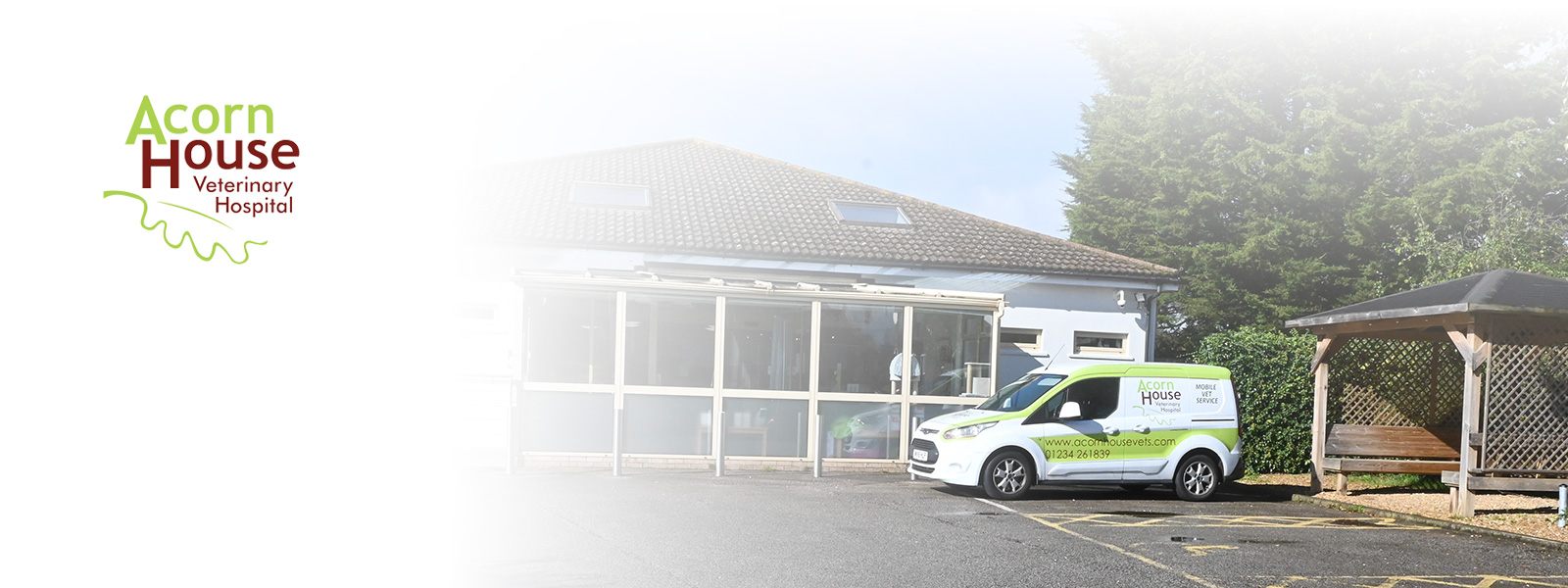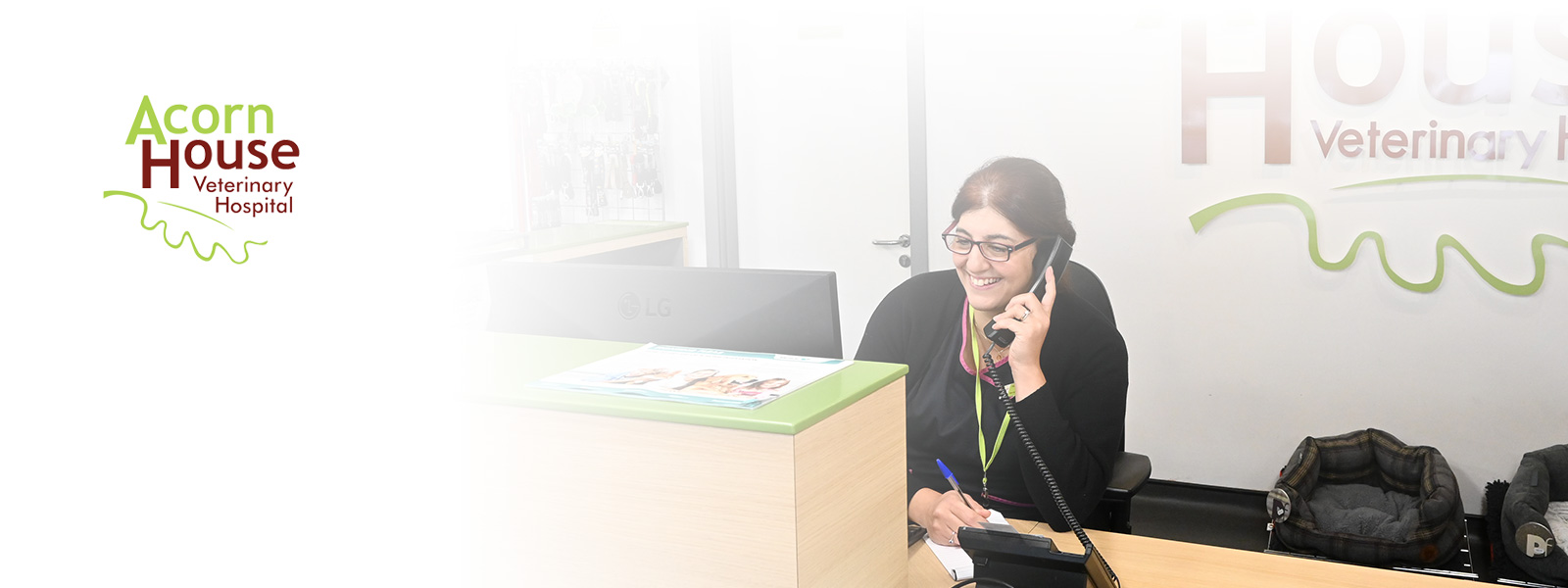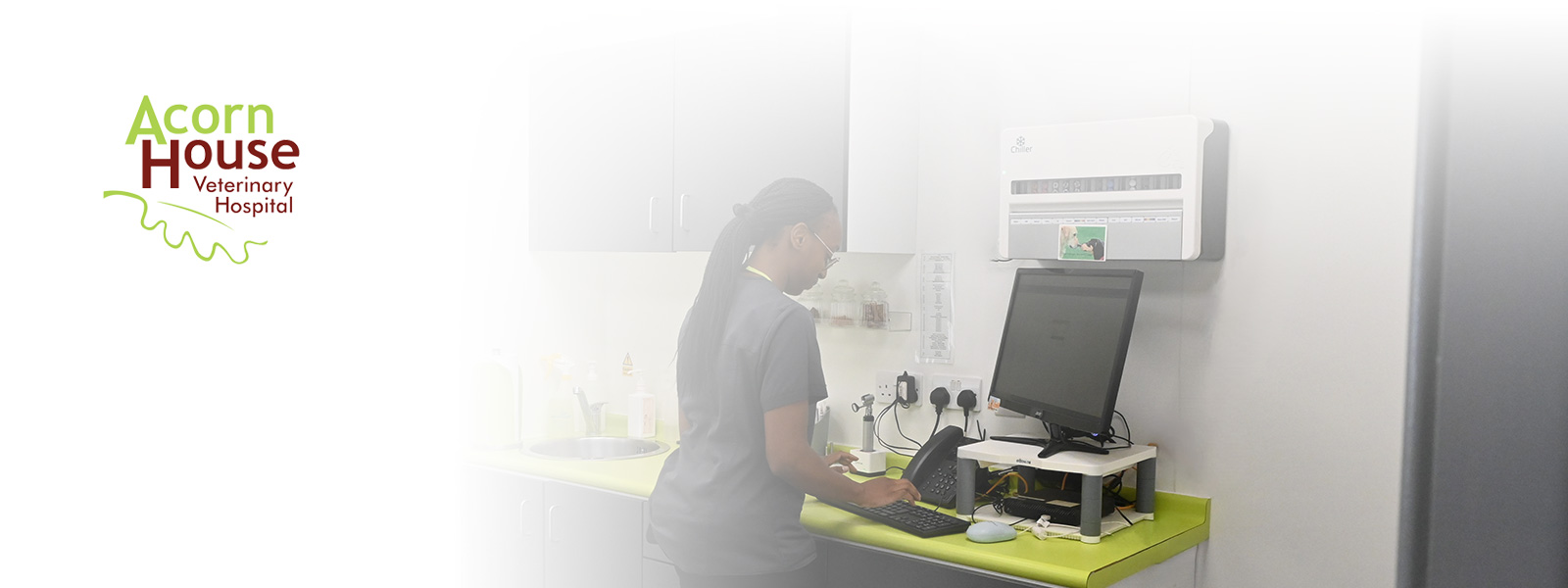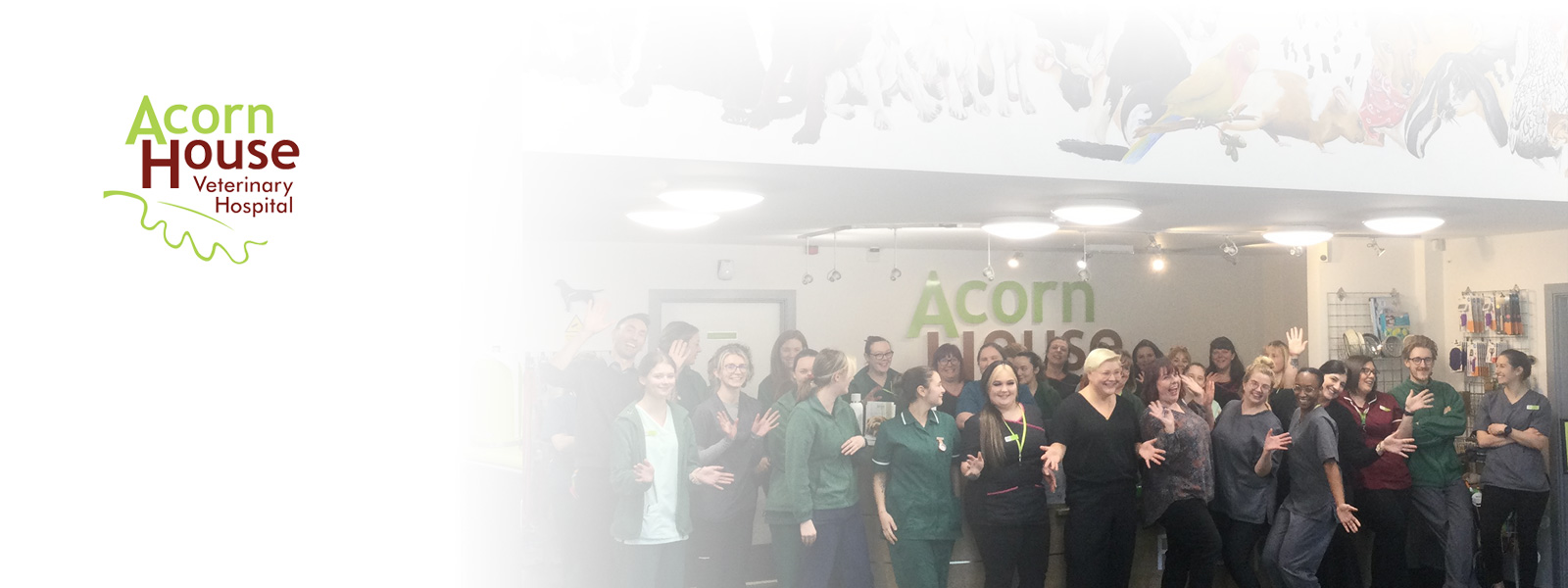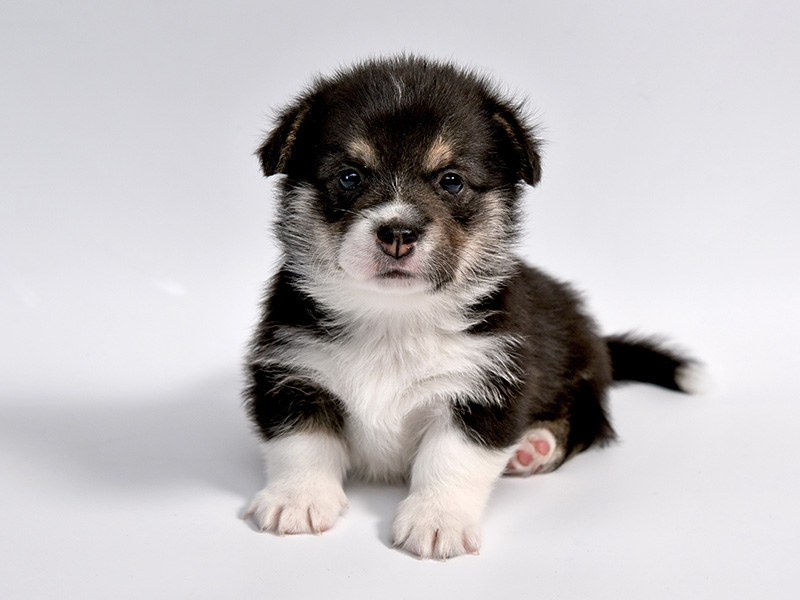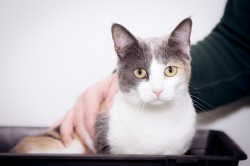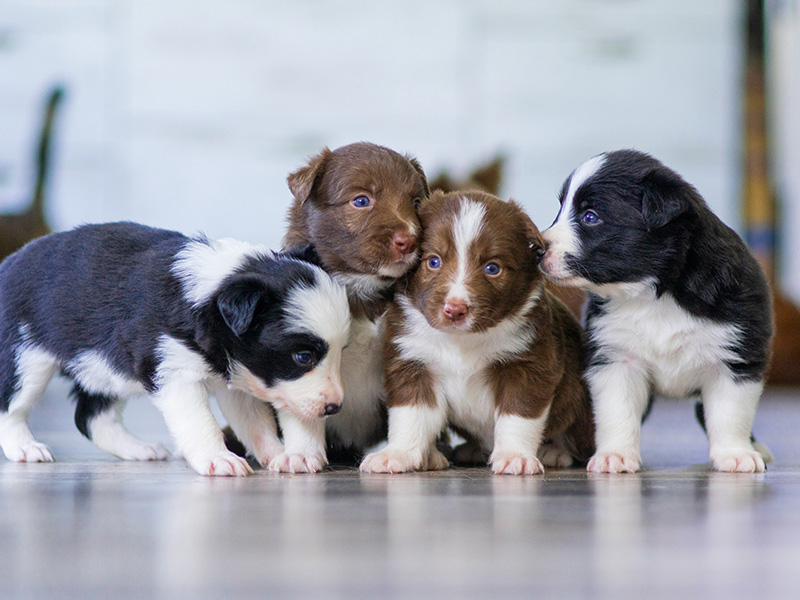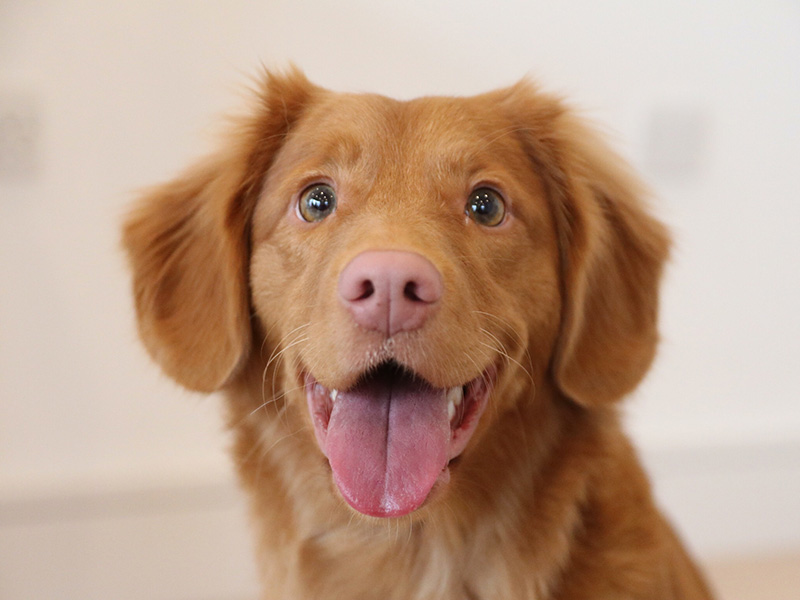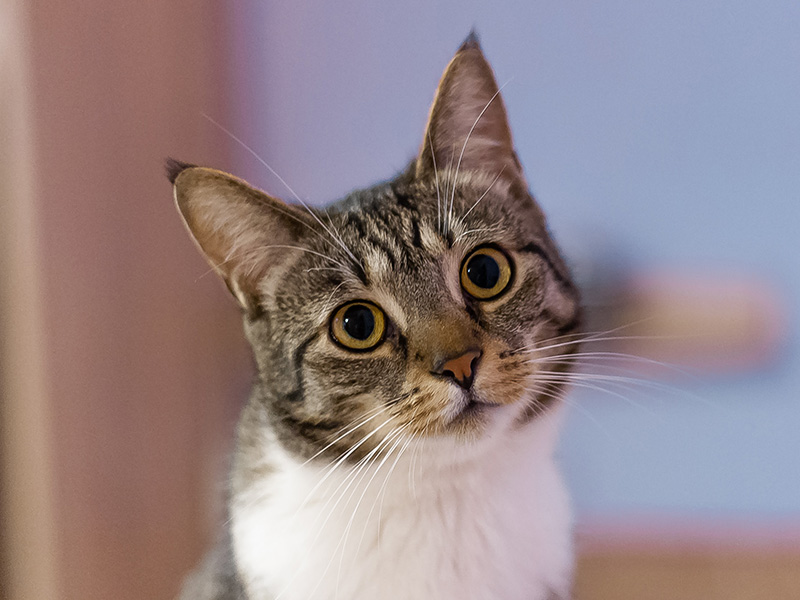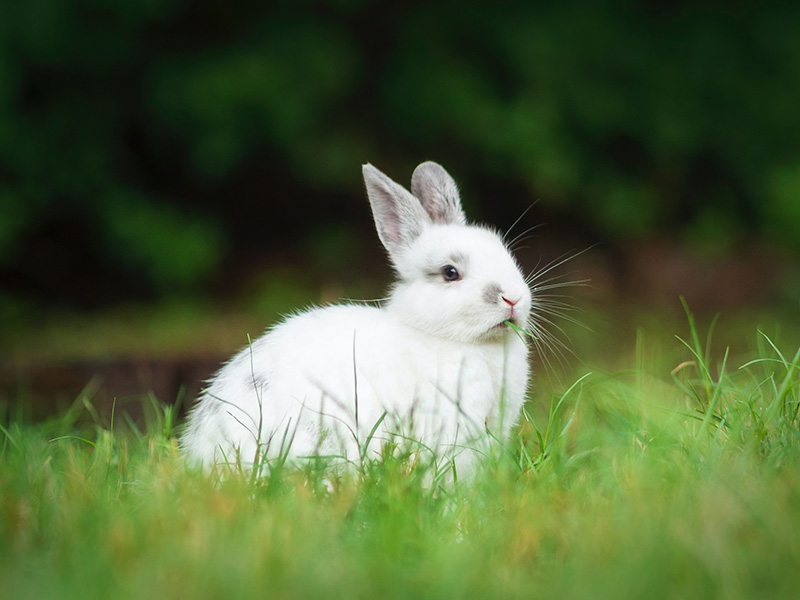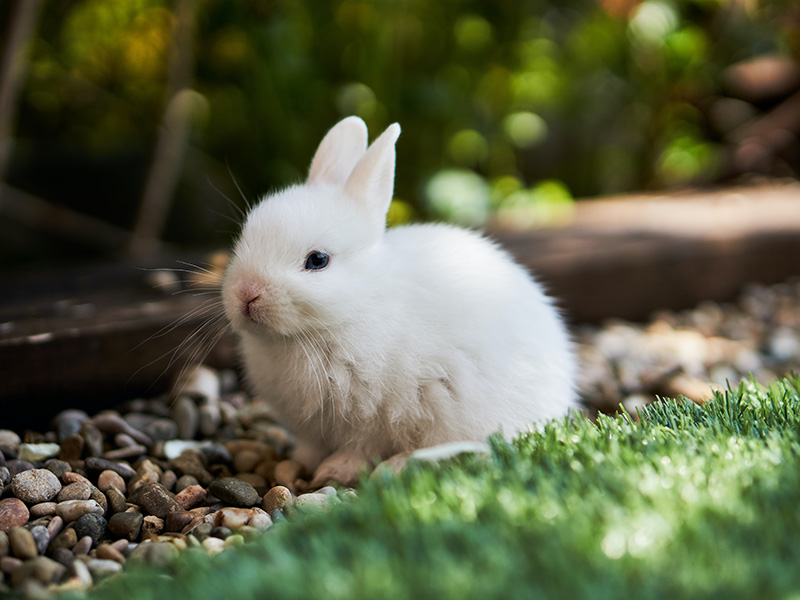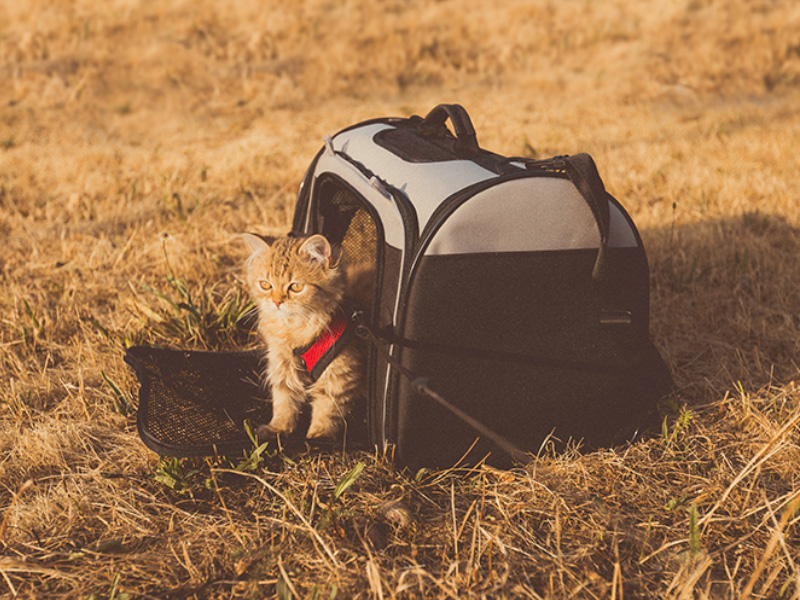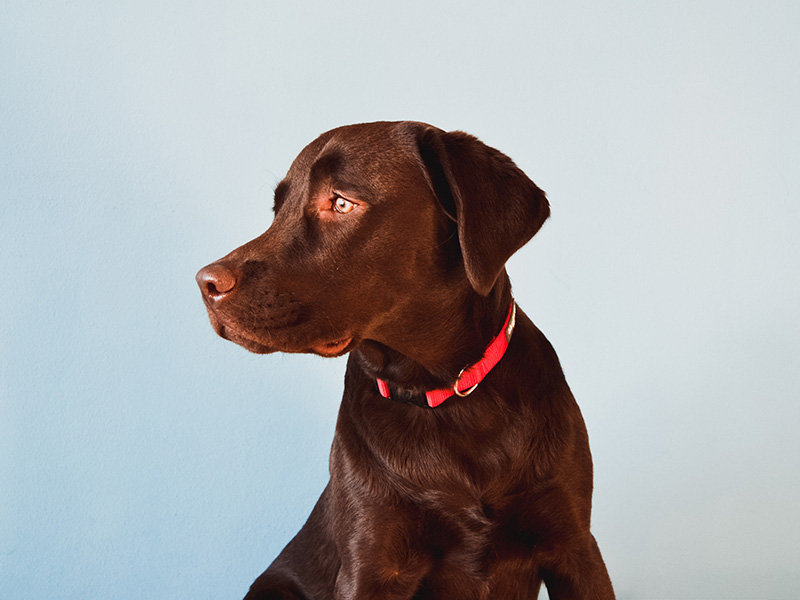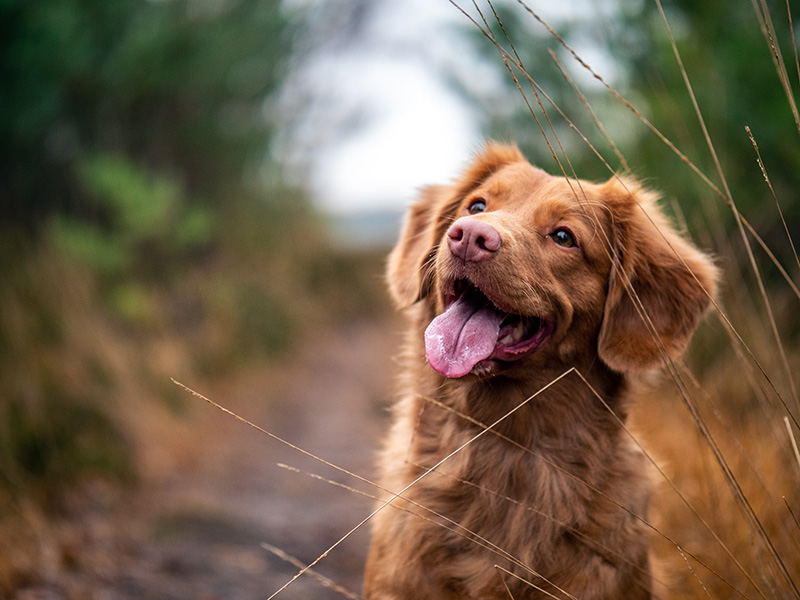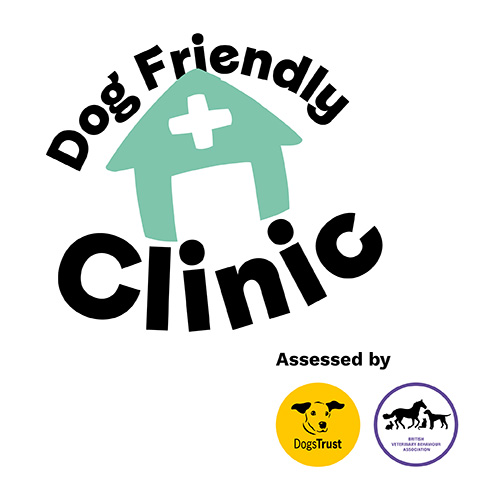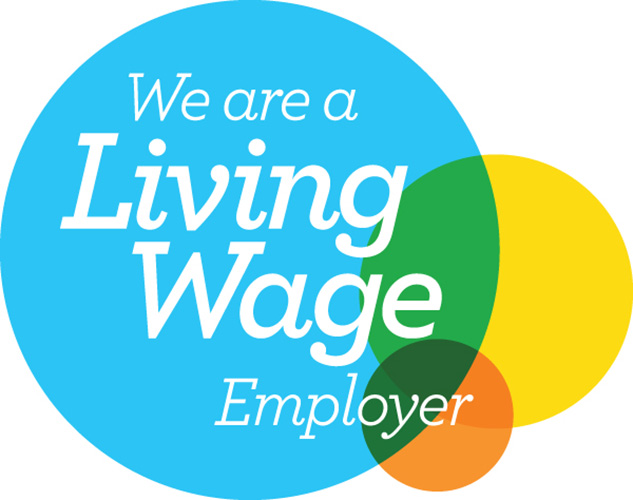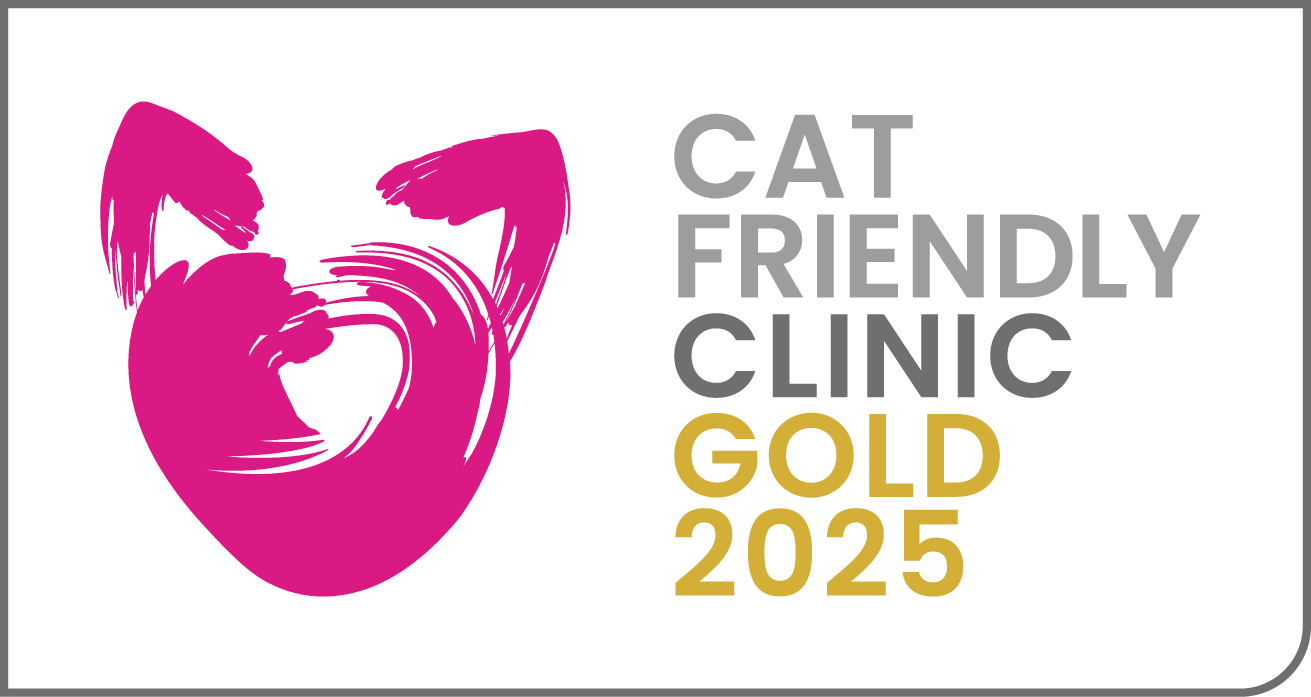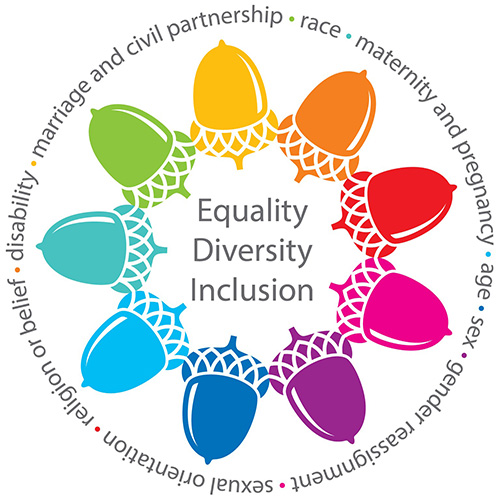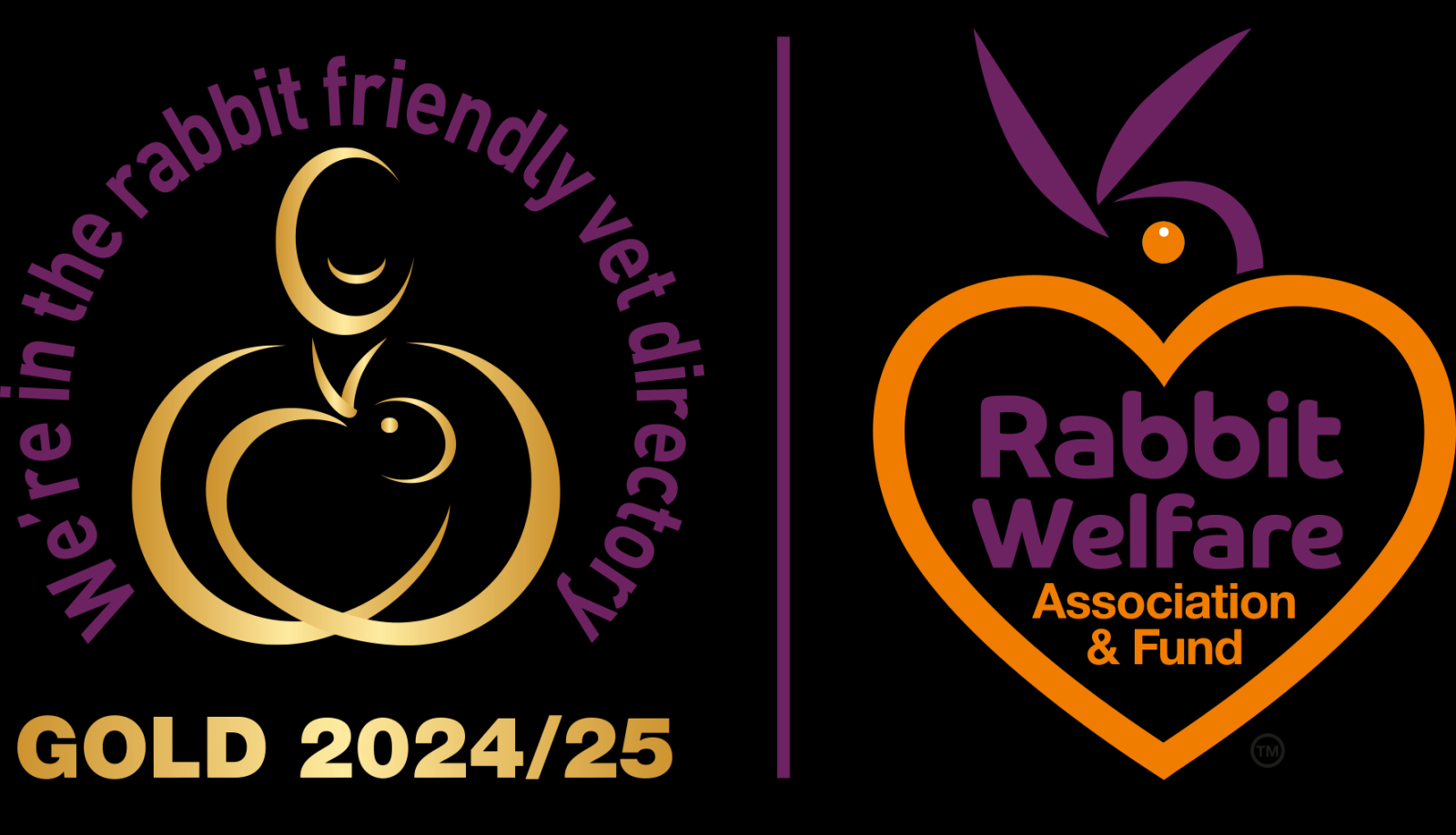RCVS Practice Standards
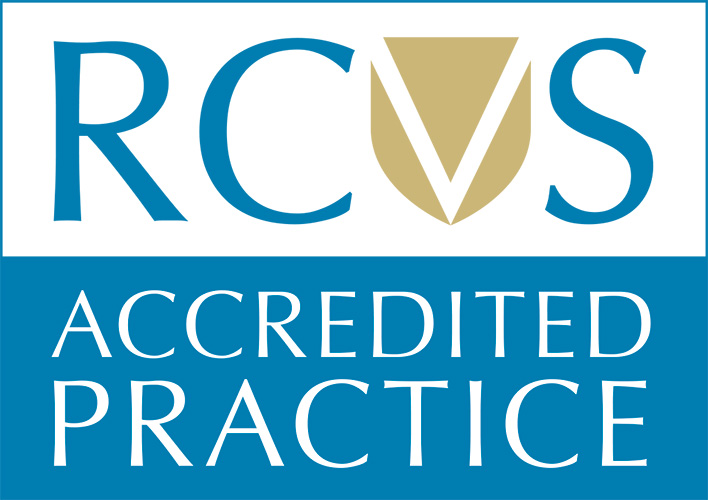 About the Practice Standards Scheme
About the Practice Standards Scheme
Pets are often treated as members of the family and owners rightly want to be sure they receive excellent medical treatment.
Horse owners and farmers also want to ensure their animals are receiving the best possible veterinary care.
But how can you be sure?
The regulatory function of the RCVS means that users of veterinary services can be assured that their veterinary surgeon or registered/listed veterinary nurse is properly qualified and fit to practise.
The RCVS can also offer reassurance that those practice premises which it accredits as part of the Practice Standards Scheme meet stringent standards.
Acorn House is accreditated with Veterinary Hospital.
What is the Practice Standards Scheme?
The RCVS Practice Standards Scheme (PSS) is a voluntary initiative to accredit veterinary practices in the UK. Through setting standards and carrying out regular inspections, the Scheme aims to promote and maintain the highest standards of veterinary care.
It offers peace of mind to clients of accredited practices and a more informed choice to the animal-owning public.
To become accredited, practices volunteer for rigorous inspection every four years and will have met a range of minimum standards including hygiene, 24-hour emergency cover, staff training, certain types of equipment and cost estimation procedures.
Practices are also subject to spot-checks between inspections.
RCVS accreditation is not to be confused with a practice being included in the RCVS Register of Veterinary Practice Premises (RVPP).
The RVPP is held by the RCVS on behalf of the Veterinary Medicines Directorate, and only veterinary surgeons working from registered premises can supply veterinary medicines.
The accreditations available within the scheme are:
Core Standards
These standards are relevant to all veterinary practices and reflect mainly legal requirements which must be met in running a veterinary practice, together with guidance as set out in the RCVS Code of Professional Conduct.
Every practice premises within the Scheme must meet Core Standards for all species treated.
General Practice
The following categories are recognised:
- Small Animal
- Equine
- Farm Animal
- Small Animal Emergency Service Clinic
For Small Animal and Equine practices the standards reflect the requirements of a primary care practice which also aims to facilitate the achievement of high standards of clinical care, and encompass many of the facilities required for veterinary nurse training standards
For Farm Animal practices, the standards reflect both the requirements of a primary care practice which promotes the achievement of high standards of clinical care, and also a proactive approach to management, through the use of health planning, client training and communication.
For Small Animal Emergency Service Clinics, the standards reflect the requirements of a designated out-of-hours provider. A Small Animal Emergency Service Clinic must fulfil the requirements for a Small Animal General Practice and the additional requirements set out in Section 10 of the PSS Manual.
A General Practice must meet all the Core Standards as well as additional General Practice Standards.
Veterinary Hospital
The following categories are recognised:
- Small Animal
- Equine
For Small Animal and Equine Veterinary Hospitals, the standards reflect the requirements of a General Practice allied with additional facilities and protocols for the investigation and treatment of more complex cases. A Veterinary Hospital must meet all Core Standards and General Practice Standards in addition to specific Hospital Standards
Different premises within a practice may apply for different categories of accreditation (eg a main practice could be a Small Animal Veterinary Hospital ; with its branch an Equine General Practice) Also one premises may apply for multiple accreditation (eg. As an Equine Veterinary Hospital & a Small Animal General Practice.)
